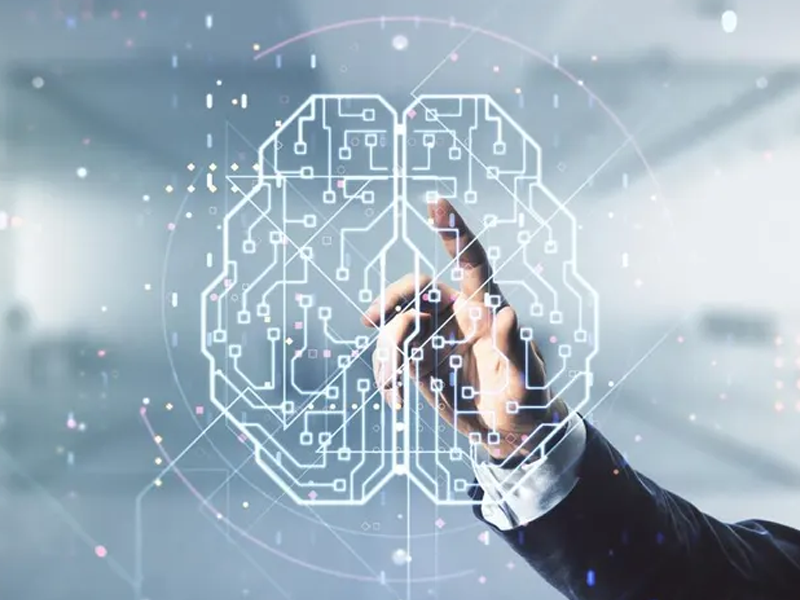The rise of AI in the workplace

- 167
- 0
Introduction:
In recent years, the integration of Artificial Intelligence (AI) into the workplace has become a defining trend, reshaping the dynamics of how businesses operate and employees perform their tasks. This technological shift has ushered in a new era of efficiency, innovation, and adaptability, bringing forth both opportunities and challenges for organizations worldwide.
Enhanced Automation:
One of the primary impacts of AI in the workplace is the increased level of automation it offers. AI-powered systems excel in handling repetitive and mundane tasks, allowing human employees to focus on more complex and strategic responsibilities. From data entry to customer support, AI applications streamline workflows, minimizing errors and optimizing overall productivity.
Intelligent Decision-Making:
AI algorithms analyze vast datasets at unprecedented speeds, enabling organizations to make data-driven decisions. This newfound capacity for intelligent decision-making contributes to more accurate predictions, improved risk management, and a deeper understanding of market trends. Businesses can leverage this capability to gain a competitive edge and foster innovation.
Employee Augmentation:
Contrary to the common misconception that AI threatens job security, it often serves to augment human capabilities. AI tools can handle routine tasks, empowering employees to concentrate on creative problem-solving, critical thinking, and relationship-building – areas where human intuition and emotional intelligence play crucial roles. The synergy between AI and human skills enhances overall workforce efficiency.
Adaptive Learning and Development:
AI-driven systems facilitate personalized learning experiences for employees. These technologies analyze individual strengths and weaknesses, tailoring training programs to address specific needs. This adaptive learning approach fosters continuous professional development, ensuring that employees acquire relevant skills to keep pace with evolving job requirements.
Improved Customer Experiences:
In customer-centric industries, AI applications have revolutionized the way businesses interact with their clientele. Chatbots, virtual assistants, and sentiment analysis tools enhance customer support services, providing instant responses and personalized experiences. This not only elevates customer satisfaction but also frees up human resources for more complex problem-solving scenarios.
Challenges and Ethical Considerations:
While the rise of AI brings numerous advantages, it also presents challenges and ethical considerations. Concerns about job displacement, data privacy, bias in algorithms, and the potential misuse of AI technologies have prompted calls for responsible AI development and deployment. Striking a balance between technological advancement and ethical considerations is crucial for ensuring the responsible use of AI in the workplace.
Conclusion:
The ascent of AI in the workplace is reshaping the landscape of business operations, introducing unprecedented levels of efficiency, innovation, and adaptability. As organizations navigate this transformative journey, it is imperative to address challenges responsibly, ensuring that AI is harnessed for the collective benefit of businesses, employees, and society at large. Embracing the opportunities presented by AI while remaining mindful of ethical considerations will be key to maximizing the positive impact of this powerful technological wave.
Published in The Daily National Courier, January, 11 2024
Like Business on Facebook, follow @DailyNCourier on Twitter to stay informed and join in the conversation.

















































